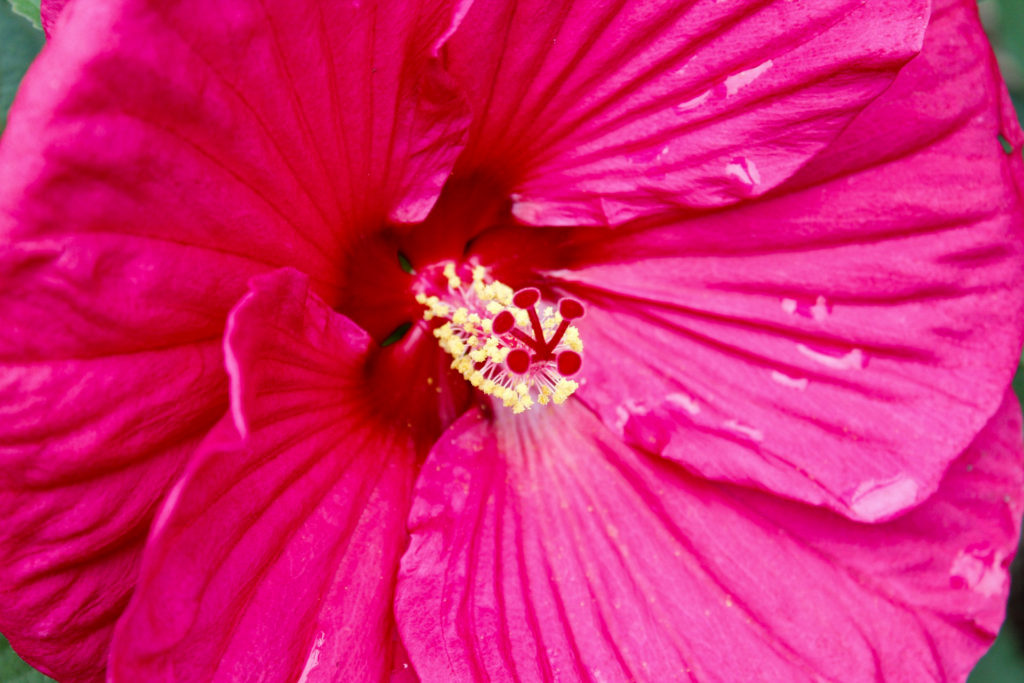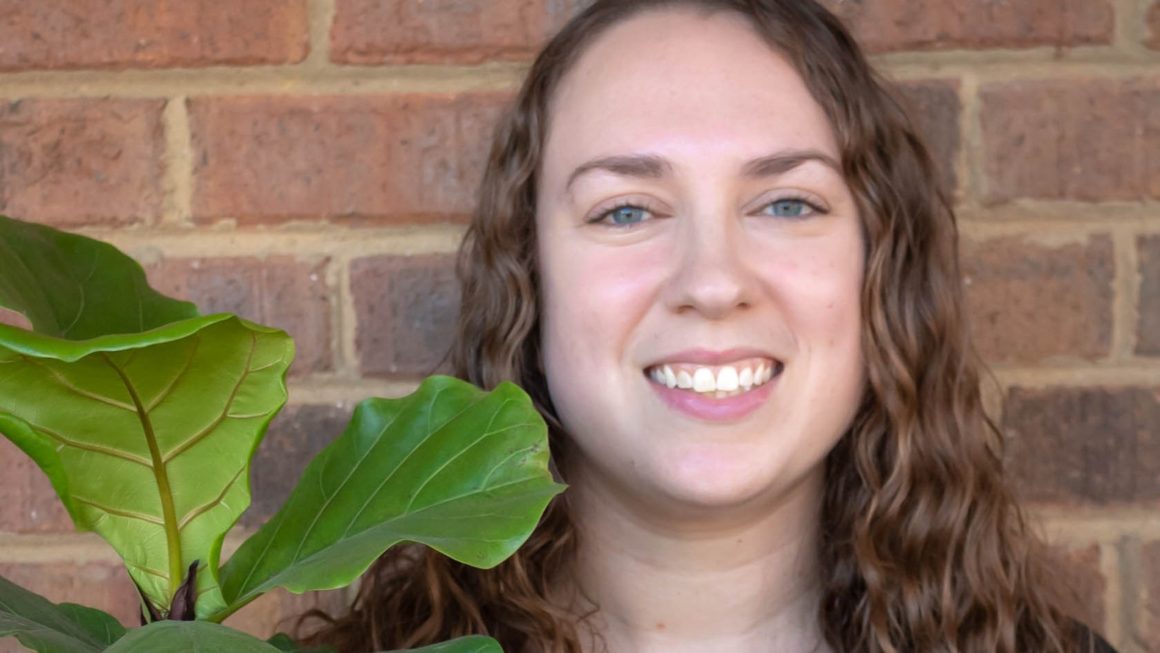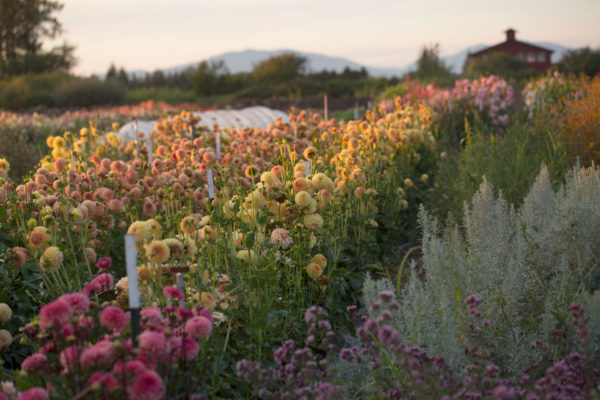When Blogger Xchange posted on their Instagram a couple months ago that they were looking for guest bloggers for the blog on their site, I DM’d them right away. Blogger Xchange hosts meetups, classes, and mentoring to support local bloggers in Nashville, Memphis, and Minneapolis. Since I write about gardening, I had to think about what I could write about that would appeal to a broader audience. Being the start of a new year, I thought writing about having a “green thumb” – a classic fixed mindset – would be appropriate. Click here to see my post on their site – or keep reading for the full post!
“I wish I had a green thumb!” Nine times out of ten, this is the response I get when I tell people that I like gardening and that I write a gardening blog. This reaction is similar to the one I get when I say that I am a math teacher – “Oh, I’m terrible at math!”
Maybe they’re just being nice or making conversation by saying that, although I am left wondering – why do we minimize ourselves in the name of making conversation?
Sometimes when we say that, we mildly wish we were good at it, but don’t have any real interest in making it come to fruition, like when I say I wish I was good at doing my makeup. Considering I rarely wear makeup, why would I think that I could possibly apply my makeup in a remotely skillful way? You can’t be good at something you rarely, if ever, do. And, you can’t be good at something just because you wish it was so. Being good at things isn’t like winning the lottery. You can’t just wakeup one morning and be good at gardening, math, running, photography, and so on. Every one of these requires effort – learning and applying your knowledge.
Another aspect to this comment (I wish I had a green thumb, I wish I was good at math, I wish I was good at decorating my home, etc.) is a belief that these abilities come naturally to people, that people just have a knack for that skill. But if you take this idea a little further, you are implying that people are born with these abilities, rather than having developed them over time. You aren’t just born with a “green thumb” – some innate ability to grow plants. It’s absurd when you see it in writing – that you could just be innately good at making plants grow. If you look at any successful gardener, you will see a trail of dead plants in their wake. Blogs and Instagram accounts that showcase their thousands of houseplants or their pristine, impeccable gardens will tell you that they have killed hundreds of plants—because gardening isn’t about perfection. It’s about trying something out and seeing if it works. Becoming a good gardener (or anything) takes practice.
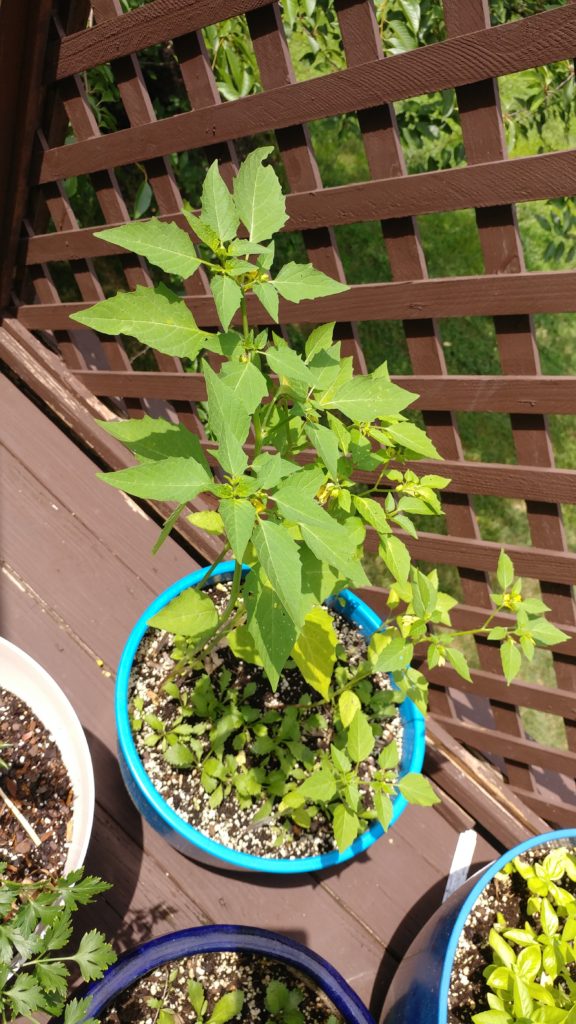
So, what can you do to be good at something or get better at something (instead of just wishing you could)? Here are some concrete steps you can take. I’ll use gardening as my example throughout since that’s what I write about, but this same process can be used for anything that you want to get better at.
Do some research
Instead of assuming you aren’t naturally good at something, recognize that you may just lack understanding of it. Now, there may be reasons that you aren’t able to successfully grow certain types of plants. Some plants aren’t made to grow in the conditions you’re trying to grow them – succulents in the super rainy pacific northwest, or hydrangeas in the middle of the dessert. Certain plants are better set up for success in certain conditions. So, how could you possibly know how to take care of particular plants? Do your research!
Sometimes you just want to get out there and try something, and that’s fine a lot of the time (more on this method later). But, sometimes, you really should research and read about what you are trying to do. In an era where everything is online, sometimes I’m amazed that people don’t think to Google things more often. When I don’t know about something or I want to know how to fix a problem, this is the first place I go.
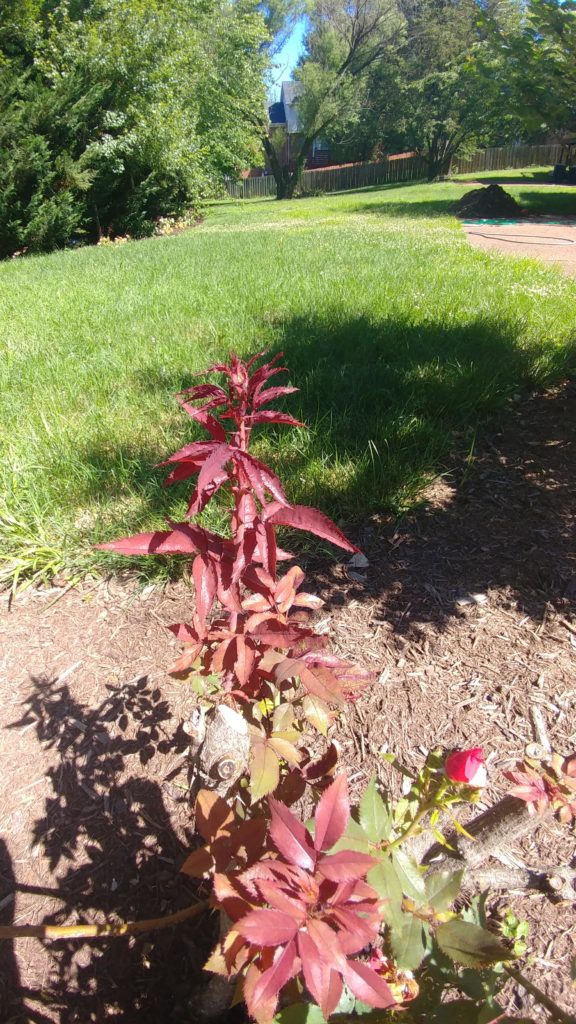
Is new growth on a rose bush supposed to be red? Google. Why is my succulent getting really tall and thin instead of developing bigger leaves? Google. How do I take care of a fiddle leaf fig? Google. How do I get rid of aphids on EVERYTHING? You get the picture. For every problem or question that you have, 99 times out of 100 someone has written about it on the internet and Google can find it for you.
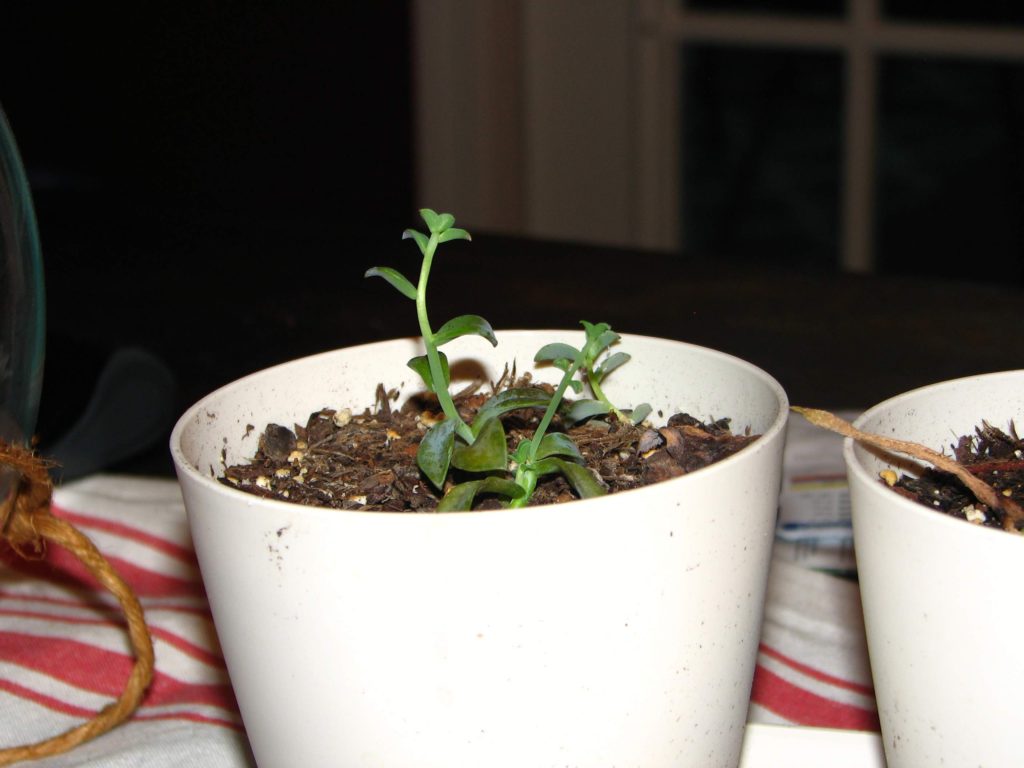
Not getting the picture from reading a website? YouTube has a fairly extensive repository of videos. You can watch a video on just about anything you want to learn. Not sure when or how to repot a plant? Someone has made a video on it. Not sure what repotting even is? Someone has made a video on it. I am a visual learner, so seeing someone else do something really helps me.
Now, I realize this next suggestion is going to blow some minds out there, but hear me out. Read a book! While you can find pretty much anything you want online, sometimes the information on websites is incomplete or just not thorough enough. If you really want to get a complete understanding on a topic, read a book about it. In order to get published, the author generally needs to be some sort of expert or well known in their field. Books also require a much more exhaustive editing process than websites and the information is much more in depth than you will get on a site.
One topic I wanted to learn more about was propagating plants (making more plants from existing ones). You can google search “plant propagation” to get a general idea, and you can search each method of plant propagation. You can even search “how to propagate hydrangeas.”
Or, you can get a book on the topic and it has all of the above. One book I read on propagation had an introduction to the topic with an outline of each propagation type. Then, there was a chapter on each propagation method – division, from cuttings, layering, and from seeds. Even more, the rest of the book had info on best methods and how to then propagate each specific plant from daisies, to hydrangeas, to maple trees, to cacti. How much more useful is that than trying to individually search all of those things?!
Can’t afford to buy a bunch of books? Your local public library has just about every book you could desire. Don’t have enough time to go to the library, or just don’t feel like driving over there? More and more books are available in eBook format, so you don’t even have to leave the comfort of your couch to instantly access a book.
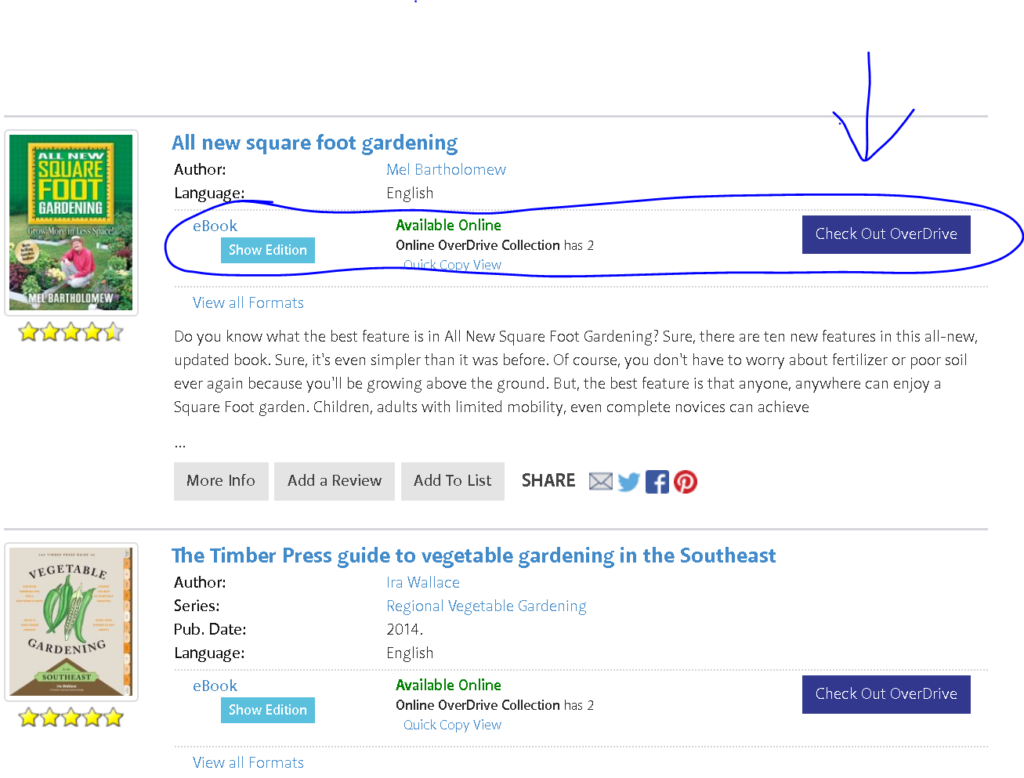
Trial and Error
Before or after doing some research and learning about the topic at hand, you need to actually try it. It is generally a good idea to read about a plant before you plant it. This can tell you a number of things. Does it perform better in sun or in shade? What are its water needs? Is it winter hardy in your zone? Do you need to prune it? When? Does it spread easily? Does it spread too easily (i.e. is it invasive)? Generally you are better set up for success when you learn about a plant before you dive in.
Or, if you want to just go ahead and get your hands dirty, start planting things! You can do this before doing any research on what you are planting. See what works and what doesn’t. You might plant something that doesn’t do well, then you go read up to see what happened and how it can be prevented. Most of what I’ve learned about gardening comes from trying things and seeing what happens. I know plenty of gardeners who know what they know just by trying things out and learning from it in the process. They didn’t go to school for it. Make mistakes and learn from them.
So, one plant died? Well, if you’ve only ever tried growing one plant, can you really say that you don’t have a green thumb? Like I said before, people that are well known for gardening and growing houseplants have killed plenty of plants (in the hundreds). That’s part of the process. Try again! Try something different with the plant. Or, try a different plant altogether. Don’t give up because you tried once or twice and it didn’t work out for you. With trial and error, you learn more, and you get better.
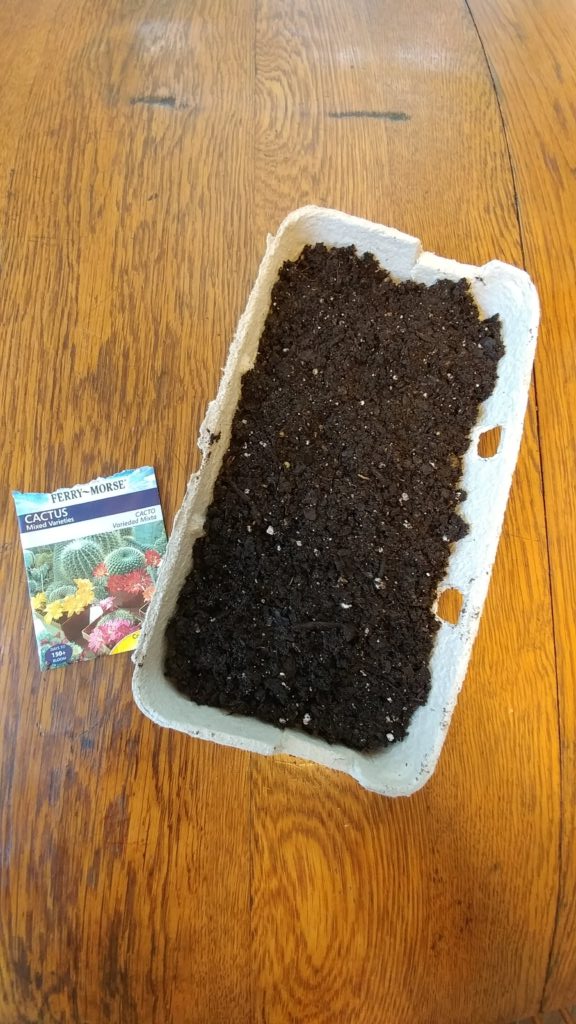
At some point in order to get better at gardening (or whatever it is), you just need to do it! As Monty Don, a presenter of BBC’s Gardener’s World, says, “You don’t try and get it right every time, you just try and do it every time.”
